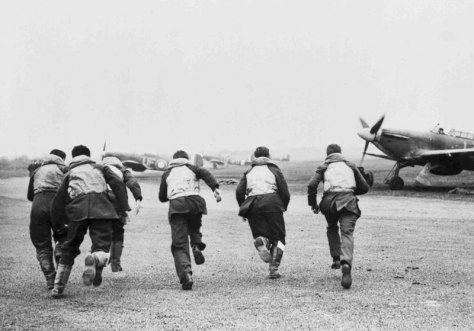Expanding on the ALT-C #LTHEChat
On Wednesday 30th August there was an #LTHEChat hosted by the ALT-C 2023 co-chairs, Santanu Vasant and Lawrie Phipps.
LTHEchat will host a summer special chat led by #altc23 Conference Chairs Santanu Vasant and Lawrie Phipps. Dual hashtags will be used #altc23 and #LTHEchat. This special summer special takes a look back at 30 years of educational technology as the Association for Learning Technology (ALT) celebrates 30 years, as do Jisc, and the Staff and Educational Developers Association (SEDA). Educational or Learning Technologies have shaped higher education, especially in recent years during the pandemic, but the history of educational technology goes way back. In this LTHEchat, we ask you to remember your first experiences of learning technology in a work setting, what learning technology might be, if we had unlimited financial resources, what new ‘next big things’ didn’t take off and what do you remember from previous ALT Conferences?
I had initially planned to participate, but in the end, I went to the cinema instead.
So the following morning I did some responses to the prompts from the chat. I thought though I would expand on some of my answers to the different questions in a blog post to go beyond the character limit on the Twitter.
As a result I have written six different blog posts.
Q6 Which talk, presentation, workshop or person do you remember from previous ALT Conferences and why?
There are quite a few keynotes, presentations and workshops across the twenty odd years I have been attending the ALT Conference that stick in my mind. Some that I participated in probably stick in my mind the most.
There is one talk though that has stuck in my mind and even many years later was from ALT-C 2020 and was given by Dave White.
“Sailing against the trade winds? How online distance learning could help maintain the character of higher education in stormy seas.” Invited speaker session by David White, Senior Manager: Development with Technology-Assisted Lifelong Learning (TALL) at the University of Oxford
The talk by Dave followed the infamous keynote from Donald Clark about HE lectures. Donald Clark had opened the conference with his keynote, and riled people and annoyed them with a blanket attack on the lecture. What Donald Clark did was to challenge our perception of the lecture, and it appeared to me that the over-whelming consensus of the audience was that the lecture still had some place in the delivery of education.
Dave with his extensive experience with TALL at the University of Oxford certainly well qualified to understand the benefits and limitations of online delivery. However he discussed during his talk the importance of the social benefit that physical lectures provide for a community of learners. The phrase he used, which I have borrowed numerous times, was eventedness. The synergy and social impact that happens when a group of people come together physically for an in-person experience This is though not impossible to recreate online, is very challenging.
This was something that came up again and again in our research during the covid pandemic, talking to students about their digital and online experiences. The students often spoke about how they missed the lecture, digging deeper it was apparent that what they were missed was the eventedness of that in-person lecture, and this wasn’t being recreated online in the Zoom and Teams calls they were attending. As Dave said in 2010, recreating that eventedness online isn’t impossible, but it is very challenging, and it isn’t about creating a digital copy of the analogue physical experience. You have to do different things to build that community taking advantage of the affordances that online and digital can bring, making the most of asynchronous discussion for example.
The presentation from Dave is the talk that I remember most from the ALT Conference. I should add that the Web 2.0 Slam sessions from 2007 and beyond were a very close second.
































